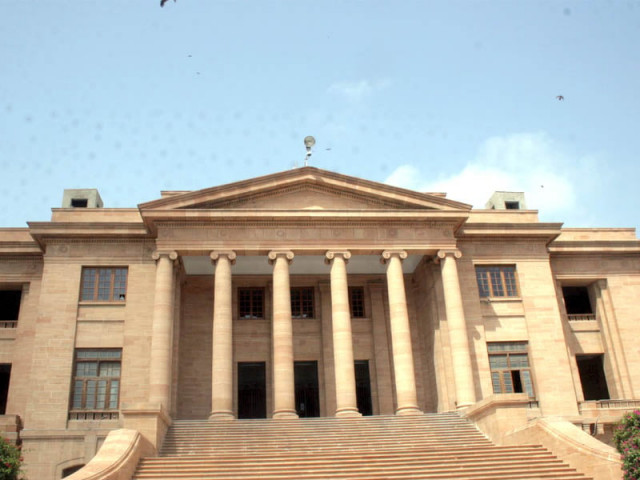Transforming Tharparkar: RO plants in Thar working effectively, says senior judge
Submits report in court saying residents getting potable water.

The judge said provision of water was a fundamental human requirement and the people had the right to be provided safe water for drinking and sanitation; therefore, the government and NGOs could take further steps and build toilets in villages. PHOTO: EXPRESS
“Underground water is sufficiently available generally throughout District Tharparkar; the RO plants are operating on solar energy and the plant shuts down when the water tank is full,” stated the report titled ‘Revolutionise Tharparkar with Reverse Osmosis’.
Judge Rabbani also said in the report that high service reservoirs community tanks might be constructed and connected to the nearest RO plant in each village so that the people might get sufficient water by the force of gravity to the nearest collection point from their houses.
“I am submitting this report during my frequent visits while inspecting relief activities from time to time in District Tharparkar. In each village people are taking water from the tanks located near the RO plants, which are mostly too small.”

He suggested having larger water tanks alongside the RO filtration plants so that the additional water purified from the plants might be used for drip irrigation system and vegetation to produce edible crops, fruits, fodder and trees at limited level to cater to the needs of the particular village to mitigate drought.
He referred to a case study of the Sobharo Shah village, where fruits and vegetables were being grown using filtered water from an RO plant and the people were getting various fresh crops.
“The growth in vegetation of the district can affect the climate of the area positively in the shape of higher amount of rain and adding to the fertility of the land.”
The judge said provision of water was a fundamental human requirement and the people had the right to be provided safe water for drinking and sanitation; therefore, the government and NGOs could take further steps and build toilets in villages.
“I want to submit here that an RO plant be installed in every village of District Tharparkar so that the lives of the locals could be made a bit easier,” he said in the report, adding that a social campaign could be initiated by the government and NGOs to collect funds sufficient for supplying potable water to the district.
Published in The Express Tribune, March 12th, 2015.



















COMMENTS
Comments are moderated and generally will be posted if they are on-topic and not abusive.
For more information, please see our Comments FAQ